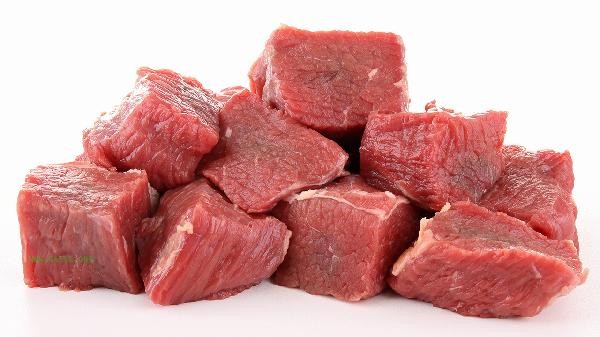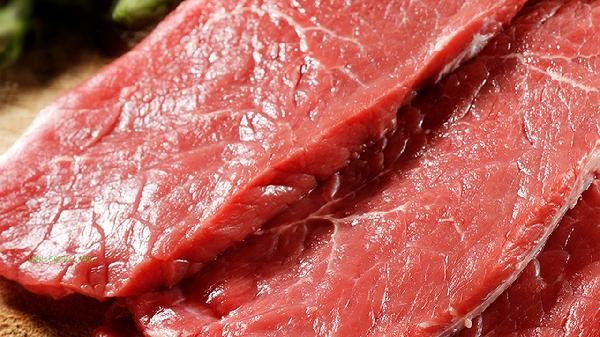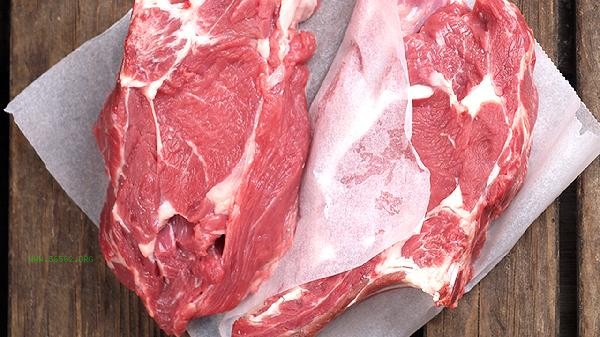Moderate consumption of beef or mutton can supplement nutrition for menopausal women. Beef is more suitable for people with iron deficiency anemia, while mutton is more beneficial for those who are afraid of cold. Beef is rich in high-quality protein and heme iron, with a high absorption rate, which can help improve common iron deficiency anemia problems during menopause. Its creatine content helps maintain muscle strength and is suitable for women with exercise habits. But beef fat is mainly composed of saturated fatty acids, and people with high cholesterol levels need to control their intake. It is recommended to choose lean meat parts such as beef tenderloin and consume them no more than three times a week. Lamb meat is warm in nature and contains L-carnitine, which can promote fat metabolism. It is more suitable for those who are sensitive to cold during menopause and have cold hands and feet. Its vitamin B12 content is higher than beef, which helps maintain nervous system function. But lamb meat has a high purine content, high uric acid, or gout patients should consume it with caution. Stew lamb with white radish in winter, which can warm up and avoid dryness and heat.

Menopausal diet should pay attention to the combination of meat and vegetables. It is recommended to control the intake of red meat within 50 grams per day and prioritize low-temperature cooking methods such as steaming and stewing. At the same time, increase high-quality protein sources such as soy products and deep-sea fish, and supplement plant estrogen with dark vegetables. Maintain moderate exercise to promote metabolism, regularly monitor indicators such as blood lipids and uric acid, and adjust dietary structure according to physical constitution.






Comments (0)
Leave a Comment
No comments yet
Be the first to share your thoughts!